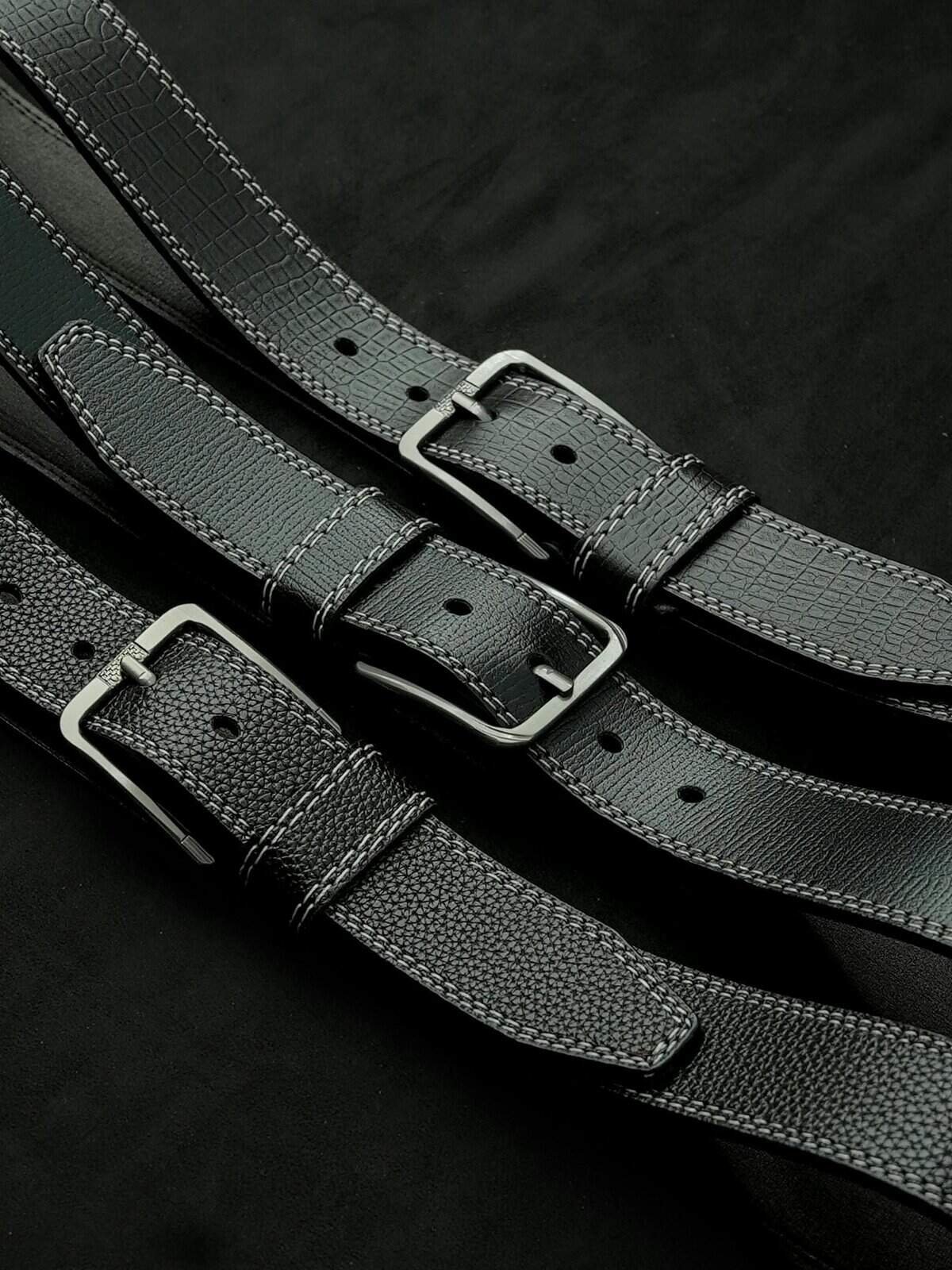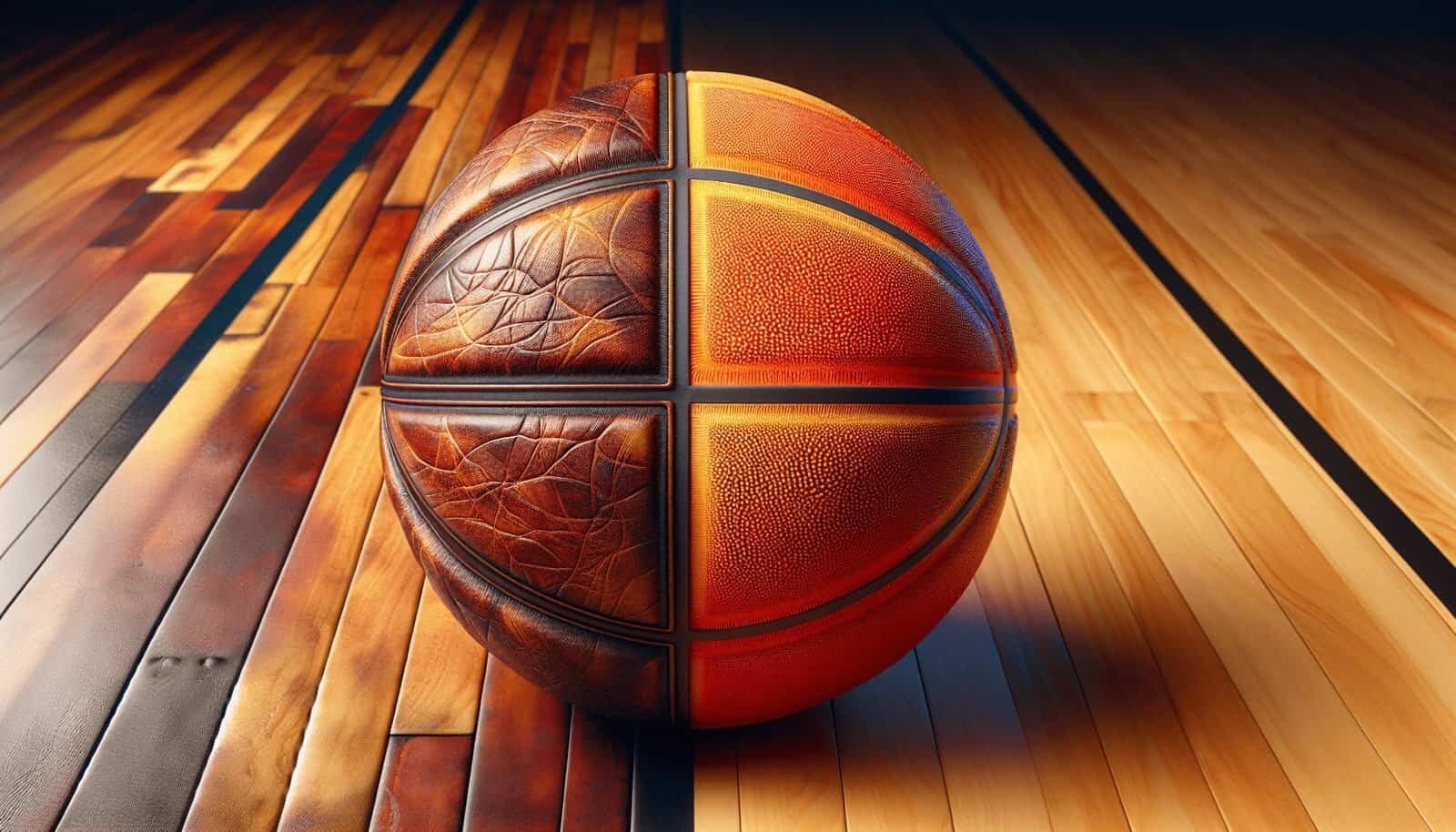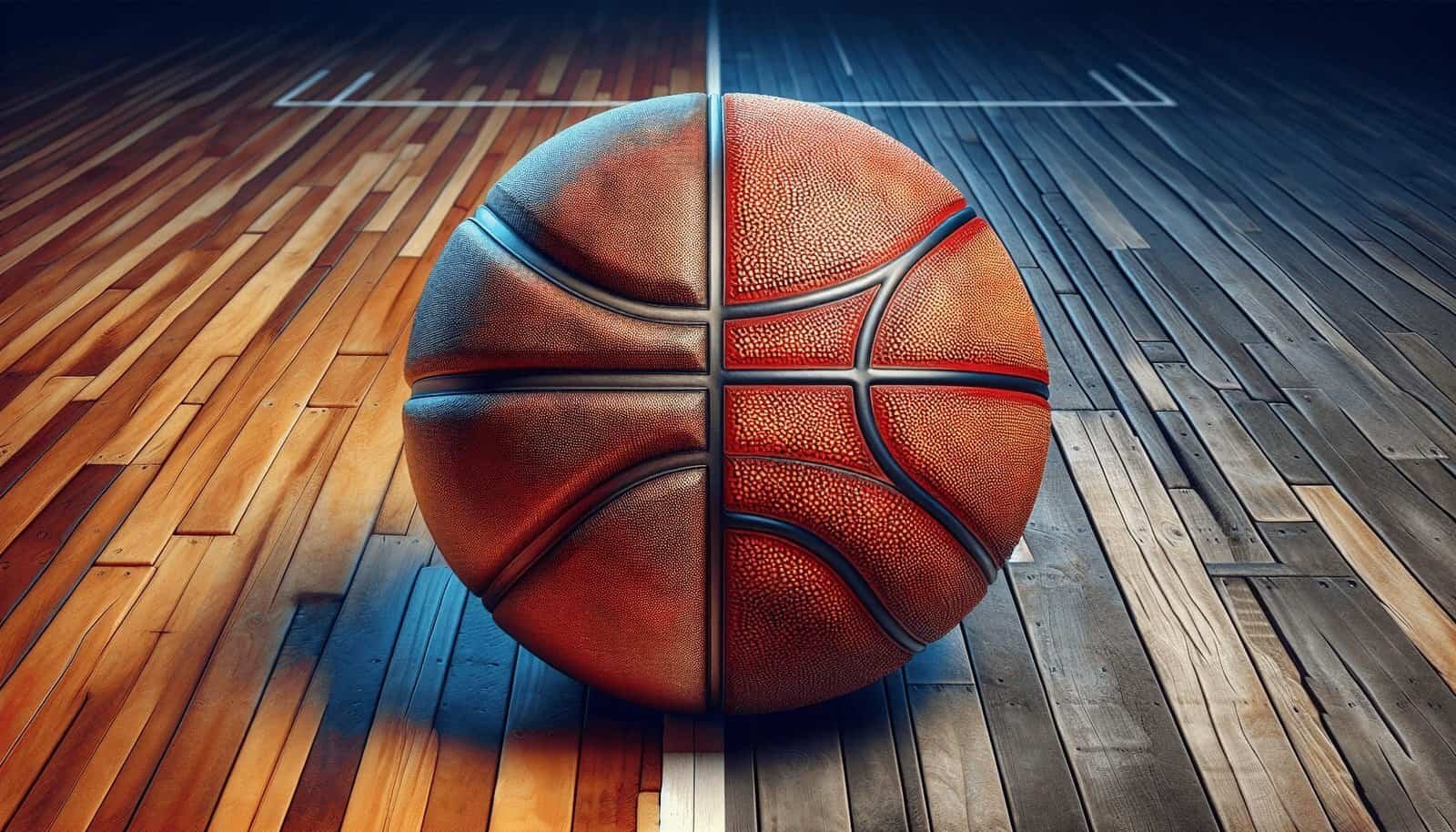Have you ever wondered what really sets a high-end basketball apart from a budget option? You might assume a basketball is just a basketball, but there’s actually a wide range of differences that can greatly affect your playing experience. From materials and construction to performance and durability, these factors play into what makes one basketball more expensive than another. Understanding these differences can help you make an informed decision that aligns with your playing style and needs.
Materials Matter
Synthetic vs. Leather
One of the most noticeable differences between high-end and budget basketballs lies in their materials. High-end basketballs are often made from genuine leather. These leather basketballs provide an excellent grip and feel, improving with age as the leather breaks in. Genuine leather basketballs are typically used in professional leagues due to their superior performance.
In contrast, budget basketballs are usually made from composite leather or rubber. While composite leather offers a decent grip and feel, it doesn’t improve over time as genuine leather does. Rubber basketballs are the most affordable option and are designed for outdoor use. They tend to be more durable against rough surfaces but offer less grip and can feel harder to the touch.
| Material Type | High-end Basketballs | Budget Basketballs |
|---|---|---|
| Genuine Leather | Yes | No |
| Composite Leather | Occasionally | Often |
| Rubber | Rarely | Commonly |
Construction and Build Quality
Panel Count and Construction
High-end basketballs often feature a 12-panel construction, which helps in maintaining a consistent shape and balance. This design provides a more predictable bounce and a better flight path, improving shot accuracy.
Budget basketballs, however, may have fewer panels—usually 8 or 10. While this doesn’t hugely impact casual players, it can affect performance for those seeking precision and nuance in their game.
| Construction Aspect | High-end Basketballs | Budget Basketballs |
|---|---|---|
| Panel Count | Typically 12 | Usually 8 or 10 |
| Shape Consistency | High | Moderate to Low |

Performance on the Court
Grip and Control
Grip plays a crucial role in control over the ball. High-end basketballs offer excellent grip due to their leather surface and intricate channel design, helping in executing better dribbles, passes, and shots. They also become tackier the more you play with them, elevating grip over time.
Budget basketballs often lack this nuanced grip. The rubber surface, while durable, might not offer the same level of control and can feel slick when compared to leather. This could lead to more turnovers and less precise handling during games.
Bounce and Responsiveness
Bounce consistency is another area where high-end basketballs excel. The high-quality materials and precision manufacturing result in a ball that bounces predictably, increasing your confidence while dribbling or shooting.
Budget basketballs can sometimes suffer from inconsistent bounce due to lower-quality materials and simpler construction methods. While they are perfectly fine for casual play and practice, any unexpected bounce might throw off your game during more competitive matches.
Durability and Longevity
Wear and Tear
High-end basketballs are designed for indoor play and require careful handling even though they offer better performance. The genuine leather can wear down quickly on outdoor surfaces, reducing their lifespan if not used appropriately.
Budget basketballs, especially those made from durable rubber, are built to withstand outdoor environments. While they may not offer the same level of performance, their robust construction often means they last longer when used on rough surfaces.
| Durability Factor | High-end Basketballs | Budget Basketballs |
|---|---|---|
| Indoor Longevity | Long-lasting | Decent |
| Outdoor Longevity | Short | Long-lasting |
| Wear Resistance | Moderate on outdoor surfaces | High on outdoor surfaces |

Price vs. Value
Cost Considerations
High-end basketballs come with a higher price tag, often justified by superior materials, craftsmanship, and performance-enhancing features. They are an investment for those serious about elevating their game to professional levels.
Budget basketballs, while more economical, provide excellent value for recreational play and practice. They are a sensible choice for beginners or those who play basketball for fun and relaxation without needing high-level performance.
Value for Different Players
For casual players, a budget basketball may offer all the value needed for informal games and practice. For competitive players, or those training regularly, the benefits of a high-end basketball can outweigh the additional cost due to enhanced performance and feel.
| Price and Value Aspect | High-end Basketballs | Budget Basketballs |
|---|---|---|
| Initial Cost | High | Low |
| Long-term Value | High for serious players | High for casual players |
Aesthetic Appeal
Visual Differences
High-end basketballs often feature a classic, aesthetically pleasing design, with deep channels and precision detailing. They give the ball a professional appearance which can psychologically boost a player’s confidence and presence on the court.
Budget basketballs may have a simpler design, often with fewer details. While they lack the high-end look, they still offer a functional design that is best suited for outdoor settings where style takes a backseat to durability.

Environmental Considerations
Sustainable Choices
For those interested in sustainability, it’s worth noting that high-end basketballs made from genuine leather have sourced natural materials, which align with some ethical considerations but also raise concerns about animal sourcing.
Budget basketballs, especially those made from rubber, might be more eco-friendly because they often use synthetic or recycled materials. The environmental impact can vary depending on the manufacturing process, so it’s prudent to consider this aspect when making your choice.
Conclusion
Drawing a comparison between high-end and budget basketballs isn’t just about the immediate price difference. It’s about understanding what each type offers in terms of materials, performance, durability, and ultimately, value for you as a player. Whether you’re a seasoned basketball enthusiast looking for that professional edge, or a casual player seeking a reliable and affordable option for weekend games, the ideal choice will depend on your specific needs and playing environment. By weighing these factors, you can make a more informed choice and enhance your overall basketball experience.


